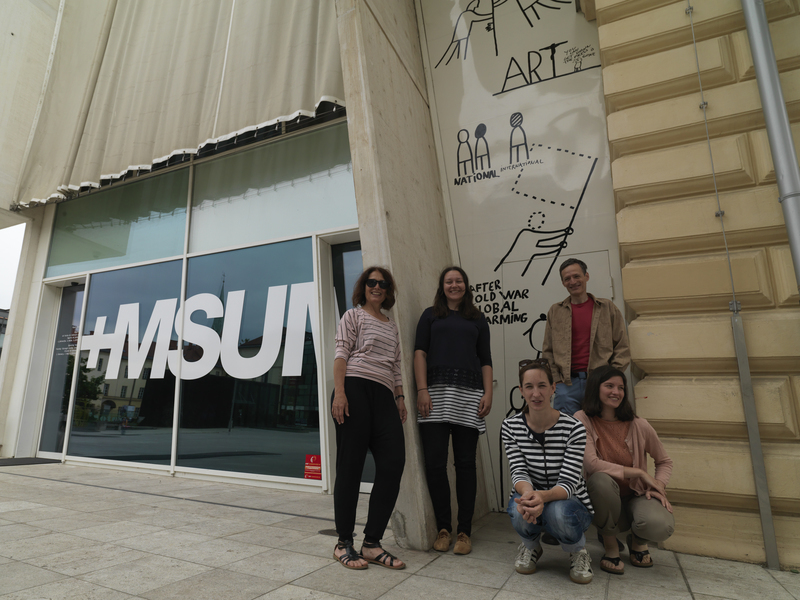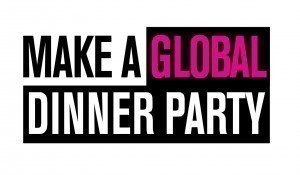Resultados de búsqueda de: «people»
-

Ljubljana group
Ljubljana group activities are centred around the education and mediation department of the MG+MSUM (Moderna galerija, Ljubljana). The core of the group consists of five people: Adela Železnik , senior curator for public programmes at the MG+MSUM, Lucija Cvjetković , educator at the MG+MSUM, Dana Terzić , artist and educator at the MG+MSUM, Ksenija Kumer…
-

PAULO FREIRE IN GENEVA – A STORY
by microsillons – Geneva/Zurich research group INTRODUCTION / POSITIONING Since we began to develop collaborative pedagogical art projects as the collective microsillons in 2006, the work of Paulo Freire has been a key reference for us. It’s only years after reading Pedagogy of the Oppressed [1] for the first time that we found out that…
-

Stories of Arts Education: Paulo Freire in Geneva
by microsillons – Geneva/Zurich research group INTRODUCTION / POSITIONING Since we began to develop collaborative pedagogical art projects as the collective microsillons in 2006, the work of Paulo Freire has been a key reference for us. It’s only years after reading Pedagogy of the Oppressed [1] for the first time that we found out that…
-
Maseru working group
The Maseru Working Group was formed by members of the organization Ba re e ne re Literary Arts. The group is interested in utilizing critical literacies as agents for creativity and critical thinking in Arts Education. The group’s research has been focused on the legacy of literary production as well as the history of literacy…
-
Johannesburg working group
The Wits School of Arts has been involved in the Another Roadmap project since February 2012 when David Andrew attended the introductory conference at the Ontario Institute for Studies in Education at the University of Toronto, Canada. Since then, two workshops have taken place in June and August 2012 at the University of the Witwatersrand,…
-
Political-Imaginary Dimensions of Public Engagements
This project intends to identify, describe, frame and share in which ways the different audiences make ‘use’ of art museums and exhibitions, focus-ing on the Museu de Arte de Sao Paulo (MASP) and the Museu Nacional de Brasilia (MuN), both in Brazil. Special attention will be given to the ‘uses’ that––in their gestures, expressions and…
-
Popular Education in the Spanish State: three moments of emergence and tensions
Javier Rodrigo, Aída Sáchez de Serdio y Judit Vidiella General introduction 1- In the Spanish context, the term popular education relates both to European movements from the 19th century onwards (ateneos populares, university extension, Krausism), and to Latin American movements from the 1950ies on (Paulo Freire). 2) “Educación pupular” is used for a wide range…
-
ÉDUCATION POPULAIRE (Geneva/Zurich working group)
In France, the term “Éducation Populaire” usually stands for an education that is taking place outside of traditional learning institutions and that is aiming at improving the social system. One can find an archeology of éducation populaire in the 18 th or 19 th Century, for example with la Ligue de l’enseignement , founded in…
-

Response to the UNESCO Roadmap
Global Dinner Party: Responses In September 2010, responses to the call for a “Global Dinner Party” were published in the Blog “Another Roadmap for Arts Education”. The appeal invited critical artists/educators/cultural workers to host dinner parties around the world and to examine the significance of the UNESCO policy document for their work and to plot…